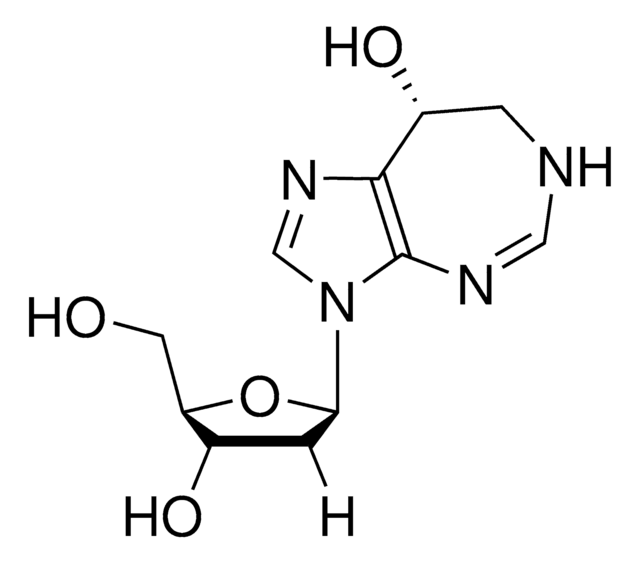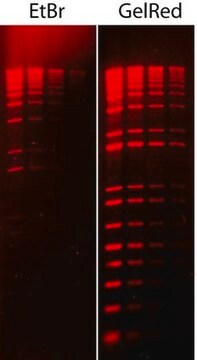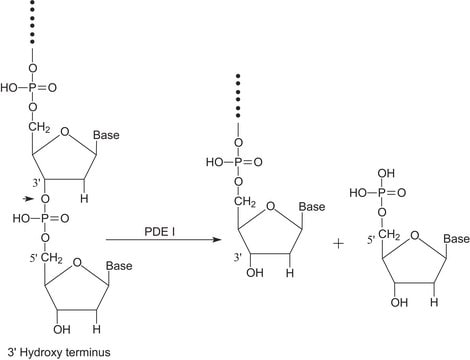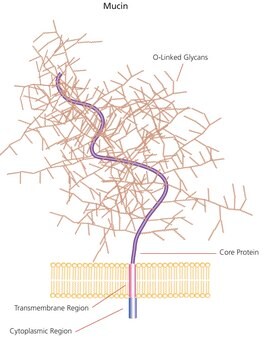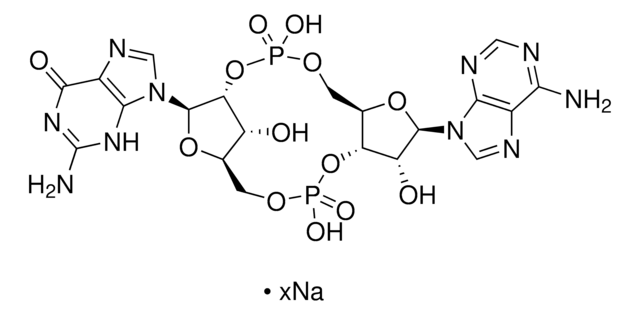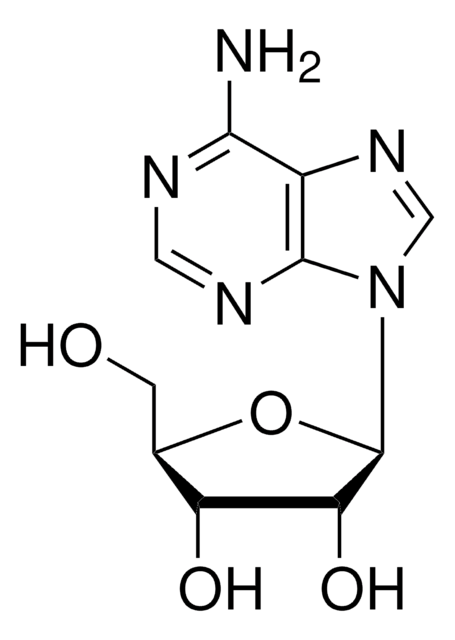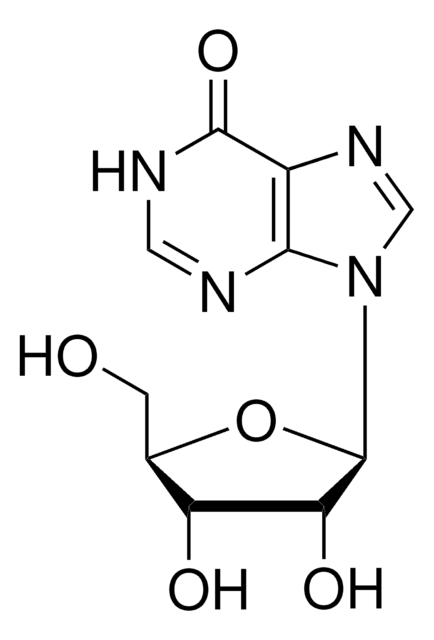SML0508
Pentostatin
≥95% (HPLC)
Sinónimos:
(8R)-3-(2-Deoxy-β-D-erythro-pentofuranosyl)-3,4,7,8-tetrahydroimidazo[4,5-d][1,3]diazepin-8-ol, 2′-dCF, DCF, Deoxycoformycin
About This Item
Productos recomendados
Nivel de calidad
Ensayo
≥95% (HPLC)
Formulario
powder
actividad óptica
[α]/D +70 to +80°, c = 1 in H2O
condiciones de almacenamiento
desiccated
color
white to beige
solubilidad
H2O: 10 mg/mL, clear
Condiciones de envío
wet ice
temp. de almacenamiento
−20°C
cadena SMILES
OC[C@H]1O[C@H](C[C@@H]1O)n2cnc3[C@H](O)CN=CNc23
InChI
1S/C11H16N4O4/c16-3-8-6(17)1-9(19-8)15-5-14-10-7(18)2-12-4-13-11(10)15/h4-9,16-18H,1-3H2,(H,12,13)/t6-,7+,8+,9+/m0/s1
Clave InChI
FPVKHBSQESCIEP-JQCXWYLXSA-N
Información sobre el gen
human ... ADA(100)
Aplicación
Acciones bioquímicas o fisiológicas
Características y beneficios
Otras notas
Palabra de señalización
Danger
Frases de peligro
Consejos de prudencia
Clasificaciones de peligro
Acute Tox. 3 Oral
Código de clase de almacenamiento
6.1C - Combustible acute toxic Cat.3 / toxic compounds or compounds which causing chronic effects
Clase de riesgo para el agua (WGK)
WGK 3
Punto de inflamabilidad (°F)
Not applicable
Punto de inflamabilidad (°C)
Not applicable
Elija entre una de las versiones más recientes:
Certificados de análisis (COA)
¿No ve la versión correcta?
Si necesita una versión concreta, puede buscar un certificado específico por el número de lote.
¿Ya tiene este producto?
Encuentre la documentación para los productos que ha comprado recientemente en la Biblioteca de documentos.
Los clientes también vieron
Artículos
We offers many products related to adenosine receptors for your research needs.
Nuestro equipo de científicos tiene experiencia en todas las áreas de investigación: Ciencias de la vida, Ciencia de los materiales, Síntesis química, Cromatografía, Analítica y muchas otras.
Póngase en contacto con el Servicio técnico